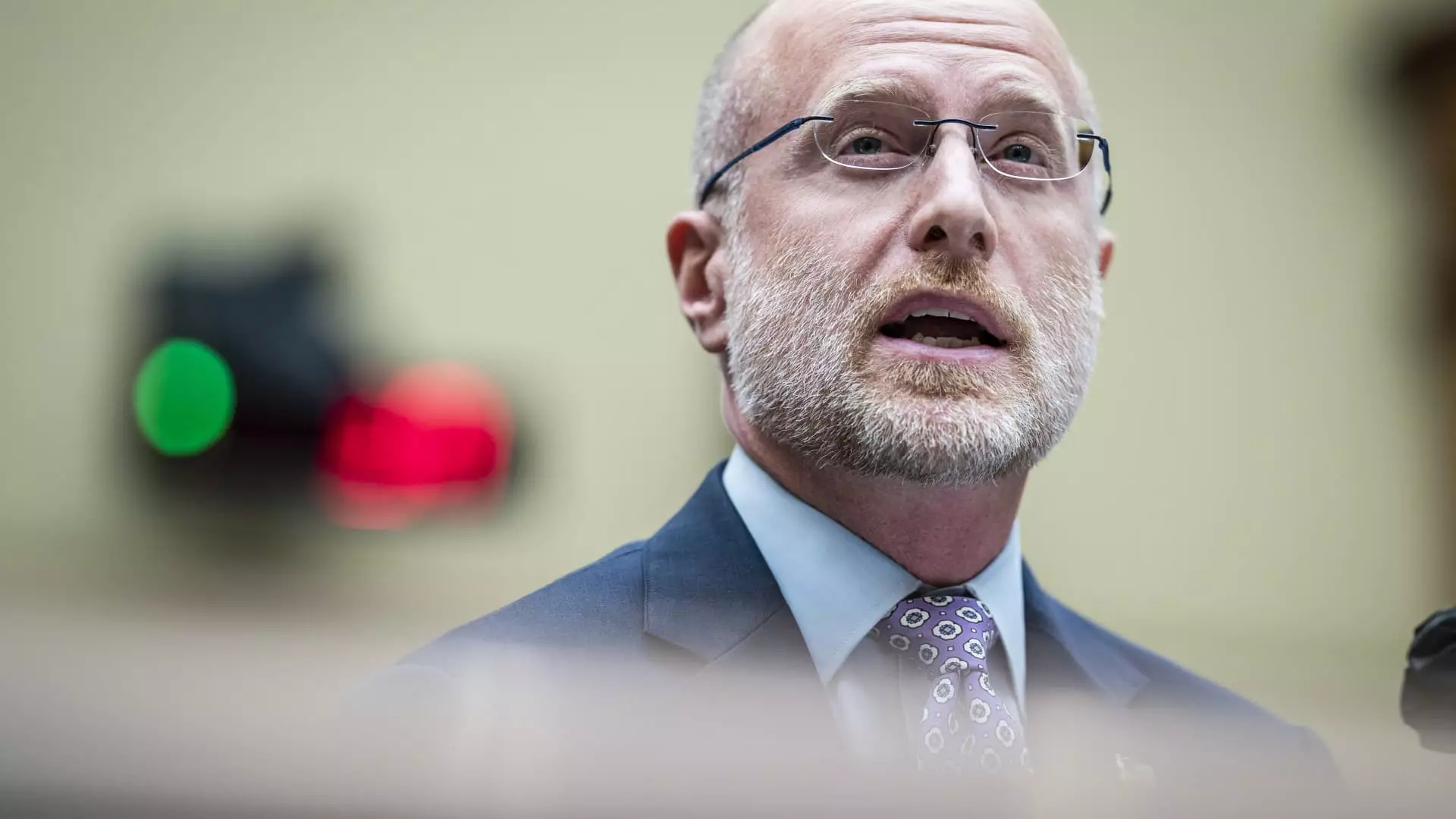In a striking development within American telecommunications governance, President-elect Donald Trump has announced the appointment of Brendan Carr as the new chairman of the Federal Communications Commission (FCC). Carr, who is presently the leading Republican figure on the FCC, carries a reputation shaped by his sharp criticisms of both the previous Biden administration’s policies and the broader operations of major tech companies. This choice signals a significant ideological shift back to Trump-era principles regarding technology and free speech.
Criticism of Current Policies
Carr’s tenure as the FCC’s Republican chief has been marked by public dissent against various initiatives, particularly the Biden administration’s broadband subsidy program aimed at expanding internet access. Carr’s vocal opposition to the decision not to finalize nearly $900 million in subsidies for Elon Musk’s SpaceX satellite internet initiative, Starlink, underscores his commitment to expanding technological access while attacking perceived regulatory failures. He also targeted the Commerce Department’s $42 billion broadband infrastructure effort, questioning its effectiveness and execution.
The crux of Carr’s criticism lies in his assertion that current policies inhibit competition and fair access, often framing his arguments in terms of free speech and American liberties. His exchange with major tech firms, including Meta and Google, hints at a broader conflict over information control and censorship, which Carr believes is an infringement on everyday Americans’ rights.
Carr has been vocal about what he defines as a crucial mission: the restoration of free speech. His rhetoric reflects a preoccupation with countering what he perceives as censorship by tech giants that dominate the digital landscape. In his statement, Carr emphasized the need for the FCC to protect the “free speech rights for everyday Americans,” indicating a determination to hold these companies accountable for their content moderation practices.
This focus on free speech not only resonates with Trump’s broader agenda but also highlights a potential shift in regulatory strategy that prioritizes individual rights over corporate interests. Carr’s stance essentially sets the stage for a regulatory environment that could substantially reshape the relationship between users, technology companies, and government oversight.
Trump’s administration also bears a legacy of contentious relationships with mainstream media outlets. Carr’s recent critiques of traditional broadcasters, like ABC, NBC, and CBS, position him as an advocate for reevaluating the licenses that underpin their operations. These remarks align with Trump’s previous assertions regarding revocation of broadcast licenses based on partisan content, a notion that faced substantial pushback from legal experts and former FCC chairs.
By reinstating this combative tone towards media organizations, Carr seems set to not only challenge the status quo but also engage in a complex tug-of-war over regulatory power concerning broadcast content and representation—factors that have a profound influence on public discourse.
Brendan Carr’s appointment as FCC chair heralds a period rife with potential conflicts within the telecommunications sector. His confrontational approach towards both regulatory actions and major tech firms is poised to ignite debates around free speech, censorship, and the role of government in overseeing digital platforms. As Carr steps into this key role, all eyes will be on how he navigates these challenges while fulfilling Trump’s vision of an empowered FCC that reignites traditional principles of free speech and competition. The implications of his leadership will undoubtedly resonate through the broader media landscape, raising critical questions about authority, access, and expression in an ever-evolving technological age.


Leave a Reply